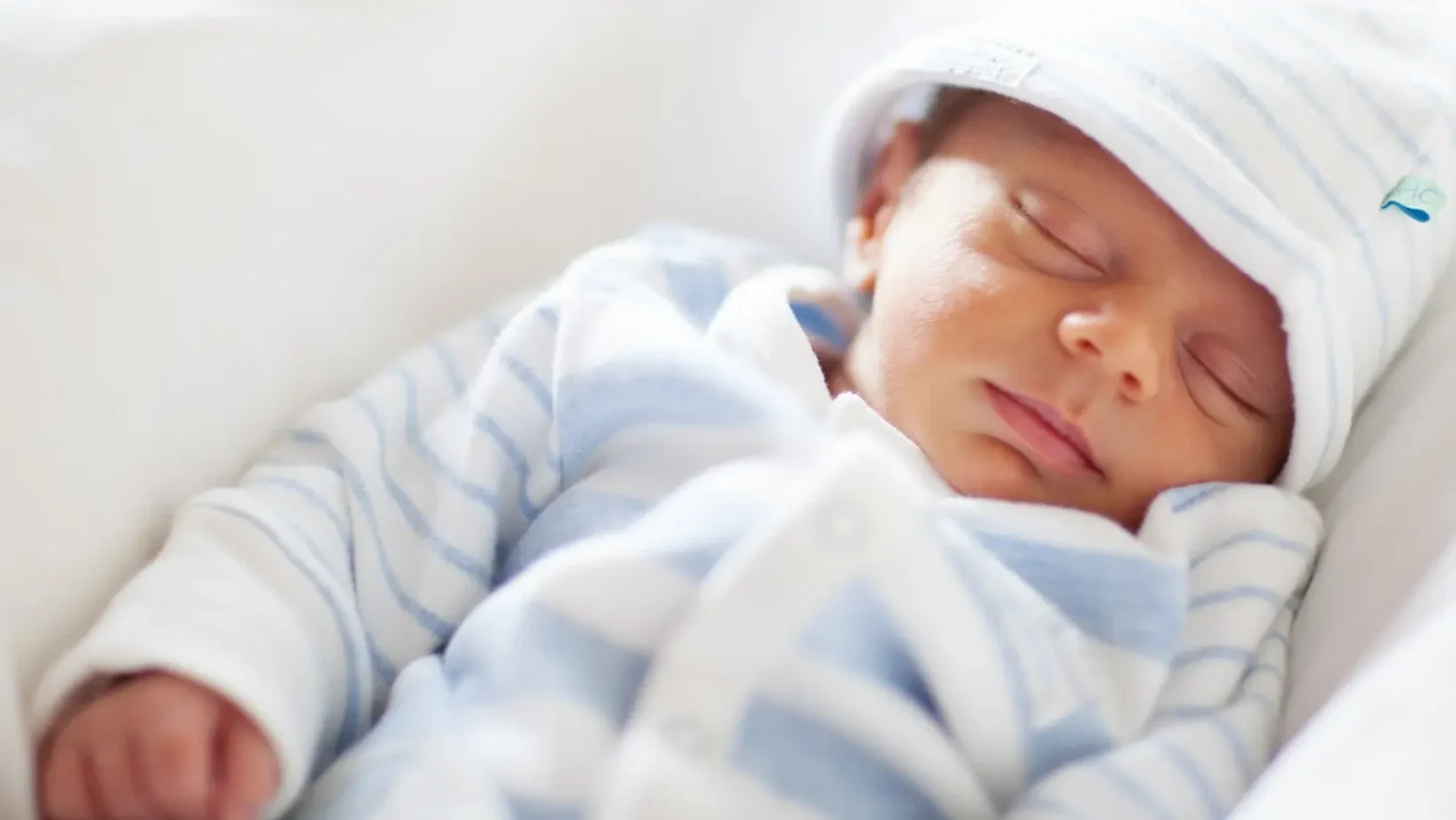Hello Parents,
Today I want to talk about eczema and babies. Many of you have babies that can sometimes have sensitive skin and skin reactions. You might be wondering how to prevent the symptoms and treat them after outbreaks.
In this article:
- What is eczema?
- Eczema: A Defence Mechanism
- Conditions Associated with Eczema
- How to Prevent Eczema
- Treating Eczema
First, it’s essential that you have your baby examined by a health professional before concluding that the skin symptoms you see are caused by eczema. Why? Because many parents self-diagnose their baby, then apply different creams and products. Often this will worsen the situation or hide another health condition that is different than eczema. Skin reactions can easily be confused with responses to other skin conditions.
Doctors will rarely have allergy tests done on infants unless the eczema reaction is severe and difficult to control with available treatments. Eczema diagnoses are made through observations during a physical exam in the clinic, and if the eczema is not related to a food allergy.
I was happy to recently attend a pediatric training session where the dermatologist updated us on infant eczema, sometimes called atopic dermatitis or simply dermatitis.
What is Eczema?
Infant eczema refers to an inflammatory skin illness that can appear between three months of age to two years, very rarely after five. One child in six (10-30%) will be diagnosed with eczema. It can affect many children and can start at a very young age, then evolve slowly over time with outbreaks. Around five or six, the condition will terminate in about half of children and will remain for the rest. Their skin will often be thicker and drier.
Eczema: A Defence Mechanism
Eczema is considered a chronic condition as it indicates that the child is vulnerable. They strongly react to specific elements in their environment. For babies, contact with irritants or allergens can lead to the formation of antibodies. The immune system excessively reacts to what it considers an infection and leads to cutaneous inflammation and the breakdown of the skin. This breakdown of the cutaneous barrier is often associated with the mutation of the gene called filaggrin. This gene prevents the baby’s skin from maintaining water and leads to severe drying of the skin. This drying activates the immune system, reacting to the skin breakdown to protect it.
This is why we say that the body is fighting with its defence system against molecules in the environment that are usually inoffensive for most people. It’s a useless battle, but it occurs and leads to skin inflammation.
This immune system deviance is mainly genetic. Some whole families are allergic.
According to some research, 80% of children diagnosed with eczema will have a genetic predisposition that makes their skin more permeable and fragile, and it will react more to pollen, dust, soap, animal hair, foods, etc., than other children. But as a general rule, eczema is not associated with food. Patches might increase if the child eats acidic foods (tomatoes or strawberries), but this is not a food allergy.

It has been shown that when an infant who is sensitive to eczema skin dries, this is likely due to a reduction of fats typically found in the tissues on the skin’s surface. Other authors state that this drying can be attributable to a deficiency of specific proteins that act as a protective barrier against irritants.
At the end of the day, the skin is naturally fragile. This can, at least in part, explain the defence reactions used by the body to protect it against infection by potentially dangerous substances.
A person who had eczema at a young age will often have dry skin for the rest of their life.
To continue reading, go to Conditions Associated with Eczema.


